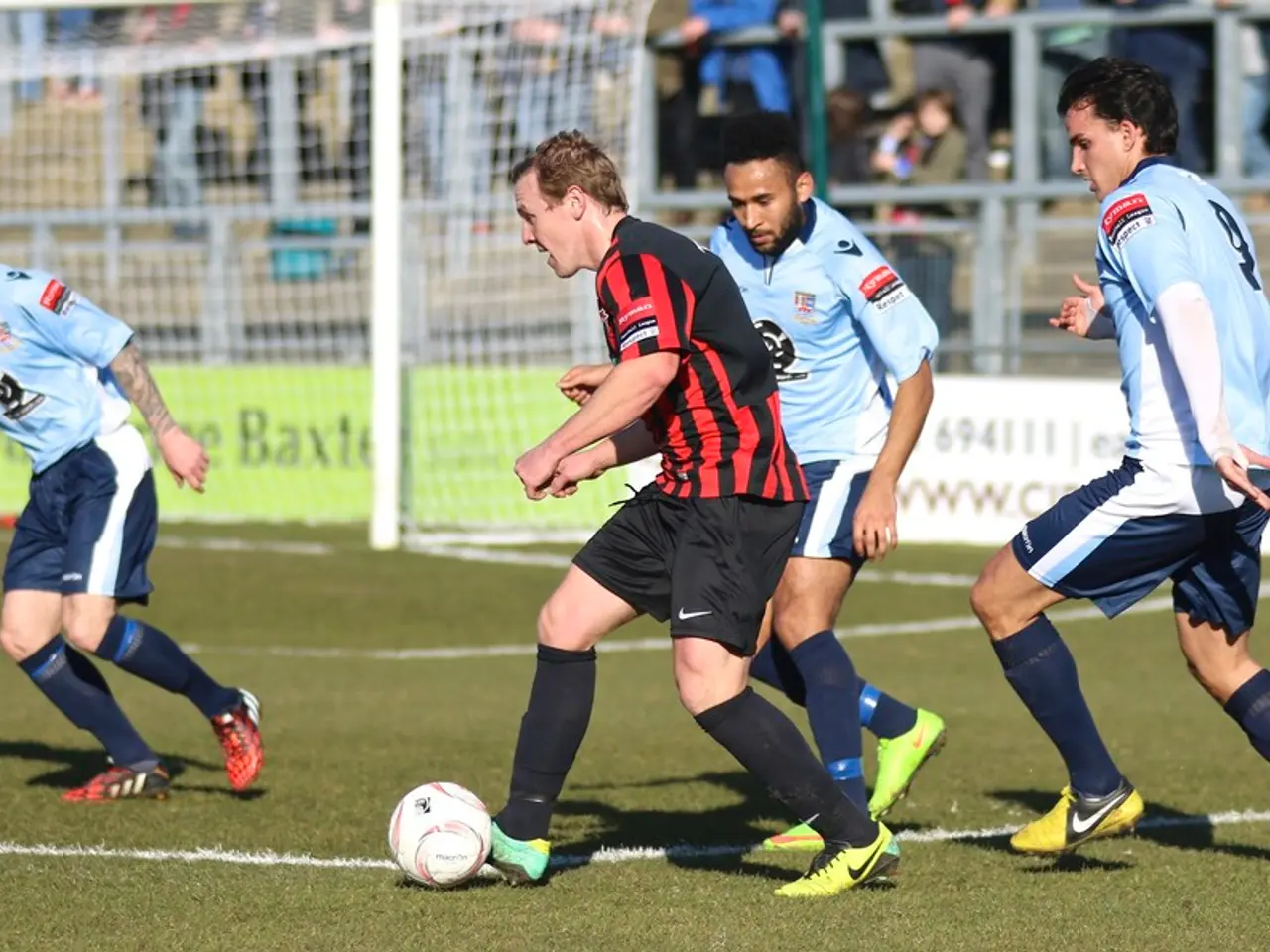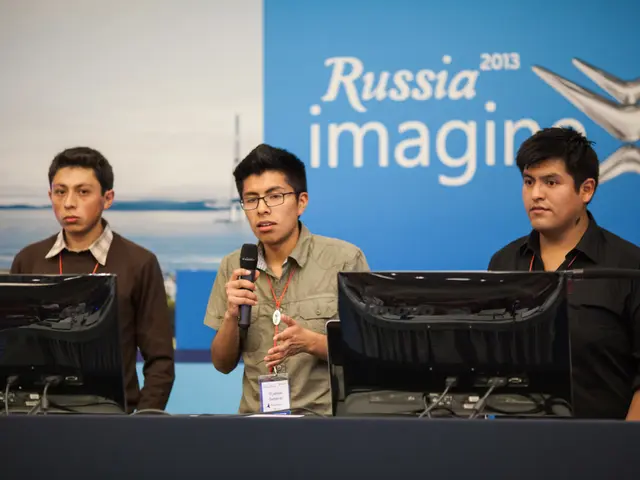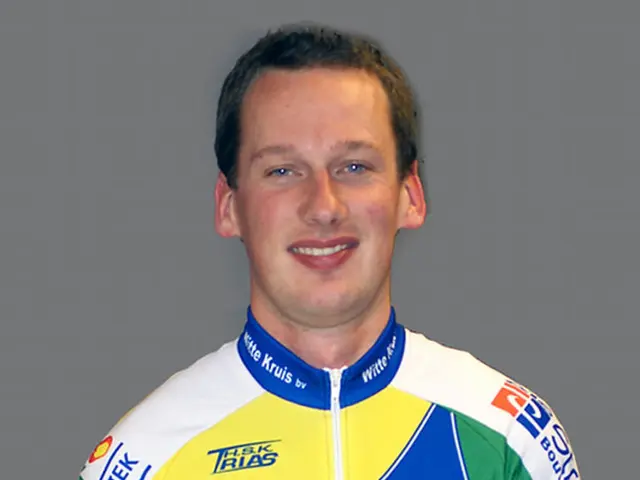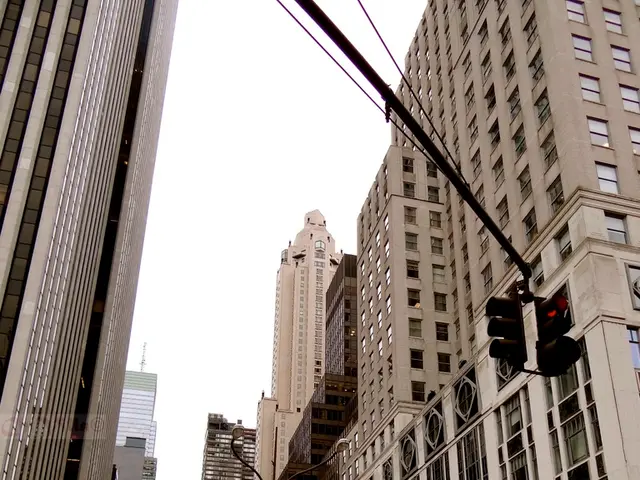Saudi football clubs turning their attention more towards nurturing young talent
Saudi Arabia's Football League Transformation: Attracting Young Talent and Aiming for Global Recognition
The Saudi Pro League is undergoing a significant transformation, focusing on attracting younger football talent and positioning itself among the top 10 leagues globally. This shift in strategy is evident in the "Player Acquisition Centre of Excellence" (PACE) program, launched in 2023.
The PACE program is designed to lower the average age of foreign players in the league and move away from signing aging stars. The recent signings of Darwin Núñez (26) and Enzo Millot (23) exemplify this new approach, marking a departure from the previous trend of recruiting veterans such as Cristiano Ronaldo and Karim Benzema.
The program aims to coordinate transfer policies across clubs to achieve this objective, supporting sustainable team development and enhancing the league's prestige. The Saudi Pro League remains financially backed by the state, allowing it to compete for these younger talents while also raising the quality of the league and its global appeal.
Notable transfers in the league include Enzo Millot, who joined Al-Ahli despite playing only a few times for Stuttgart, and Colombian striker Jhon Durán, who moved from Aston Villa to Al Nassr. Kingsley Coman, a French footballer, is considering a move to Saudi Arabian club Al-Nassr, potentially swayed by a high salary offered by the club.
Meanwhile, Dzsenifer Marozsán is set to join Al-Qadsiah in the professional football league, further diversifying the league's talent pool.
However, the Saudi Pro League's transformation has not been without criticism. Amnesty International has criticized Saudi Arabia for its "darker and deadly reality" hidden behind its "progressive image," citing the execution of 345 people in 2024, the highest number in over three decades. Many of the executed were foreign nationals convicted of drug offenses and government-critical journalists.
The Saudi sovereign wealth fund, PIF, holds majority stakes in several domestic clubs and acquired Newcastle United in 2021. This financial backing allows the league to compete for high-profile footballers, furthering its ambition to become a top-tier football league.
In conclusion, the PACE program's goals and strategies are to: - Shift recruitment to younger, promising players rather than older stars - Lower the average age of foreign players to build long-term competitive strength - Enhance the league's worldwide reputation aiming for a top-10 global standing - Coordinate transfer policies across clubs for systemic talent acquisition and development.
As the Saudi Pro League continues to evolve, it will be interesting to see how it balances its ambitions for global recognition with the broader societal and human rights issues that have been raised.
- The Saudi Pro League, seeking global recognition, is coordinating efforts within the industry to attract younger football talents like Enzo Millot and Darwin Núñez, shifting focus away from veteran players like Cristiano Ronaldo and Karim Benzema.
- With financial backing from the state, the league holds the potential to compete in the sports-analysis realm by enhancing its league's prestige, such as by signing high-profile footballers like Kingsley Coman, and diversifying its talent pool with players like Dzsenifer Marozsán.
- The PACE program strives to lower the league's average age of foreign players, aiming for a top-10 global ranking, while navigating complex finance and business challenges, as well as the criticism surrounding broader societal and human rights concerns in Saudi Arabia.




